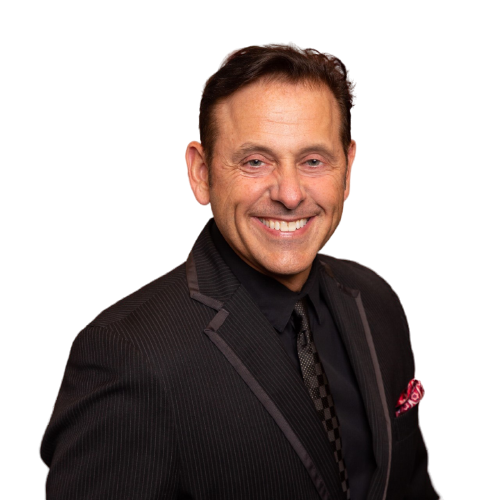A social media presence is an essential part of being a musician.
However, at the same time, you do not need to be present on every imaginable platform.
For example, if you are doing well on Facebook and Instagram but, the moment you start posting on Twitter, your Instagram and Facebook results begin dwindling, it is a sign that your extra effort is proving counterproductive.
Instead of jumping on every social media trend, you should focus on being active, consistent, and personal across a select few platforms you are most comfortable with.
So, which are the best social media platforms for musicians?
Best Social Media Platforms for Musicians
1) YouTube
If you could use just one social media platform to build a musical career, let YouTube be it.
YouTube allows you to upload your videos and reach out to a massive community. You can use the platform to showcase your music, get personal, show behind-the-scenes clips, and let followers in on inside jokes.
Other than that, your video description can contain anything you want, including your website, links to upcoming live events, or your music on streaming platforms like iTunes or Spotify.
You also get the chance to interact with the YouTube community and multiply your impact by sharing, commenting, and liking other videos.
The option to create playlists is one that can fetch you more views and, we feel, is still extremely underutilized by musicians. For example, if you create a lot of piano music, you could create a playlist named ‘Pristine Piano Music’ featuring your favorite piano artists and performances. Of course, you can also sneak in one or two of your own performances (it is absolutely okay to do so, trust us).
2) Facebook
There is a fair chance you are already on what is the largest social media platform on planet earth.
These days, Facebook has a fully-fledged advertising platform that you can use to send out targeted ads based on demographics like age, gender, locations, and interests. Other than that, there are pages and groups around pretty much every imaginable interest. Hence, if you want to promote your music, Facebook offers a number of diverse opportunities.
Musicians often wonder if they need a fan page, a profile, or both. Well, you certainly need both (you need a profile to be able to create a fan page, anyway). But you can absolutely leverage your profile to promote your music.
We understand – you created a Facebook profile to stay connected to your friends, and do not particularly like the idea of flooding their newsfeeds with updates and announcements.
The thing is, owing to the Facebook algorithms, only a very small percentage of your friend list is even seeing your posts and, as such, your thoughtfulness is not really being rewarded. Besides, posting more frequently, or even posting about the same things more than once (as long as you do not do it with consecutive posts), is not a bad thing.
3) Twitter
A lot of musicians may be doubtful about the usefulness of Twitter, but it is still the third largest social media platform (Twitter has a mind-boggling 125 million more users than Instagram). Even if you only use Twitter to share your Facebook posts to, there is still a lot of value in leveraging the platform.
Yes, there are restrictions to how you can use the platform. But, these restrictions also mean it is easier to stand out on Twitter.
If you regularly Tweet, re-tweet, respond to tweets, and comment on other tweets, you are one of the few people who use Twitter the right way. In other words, simply being human and real can fetch you a lot of traction on Twitter.
Twitter, too, has its own advertising platform you can leverage to attract more followers or get more people to view your tweets.
The platform also has analytics, which means you can comb through your data to see what is and is not working.
Wrapping Up
As a musician, you must go where your fans are. And while that might vary a bit depending upon your esthetic and genre, YouTube, Twitter, and Facebook are still your safest bets.
Regardless of the platforms you choose, it is important to stay focused, committed, and motivated – even if you endure – and you will – disappointments and failures early on. Start with one or two platforms and, once you have successfully established a presence, consider adding another.

Eric Dalius is The Executive Chairman of MuzicSwipe, a music and content discovery platform designed to maximize artist discovery and optimize fan relationships. When he’s not working for MuzicSwipe, he perhaps hosting the weekly podcast “FULLSPEED,” engaging with inspiring entrepreneurs from various sectors. Additionally, through the “Eric Dalius Foundation,” he has established four scholarships for US students. Stay in touch with Eric on Twitter, Facebook, YouTube, LinkedIn, Instagram, and Entrepreneur.com.
